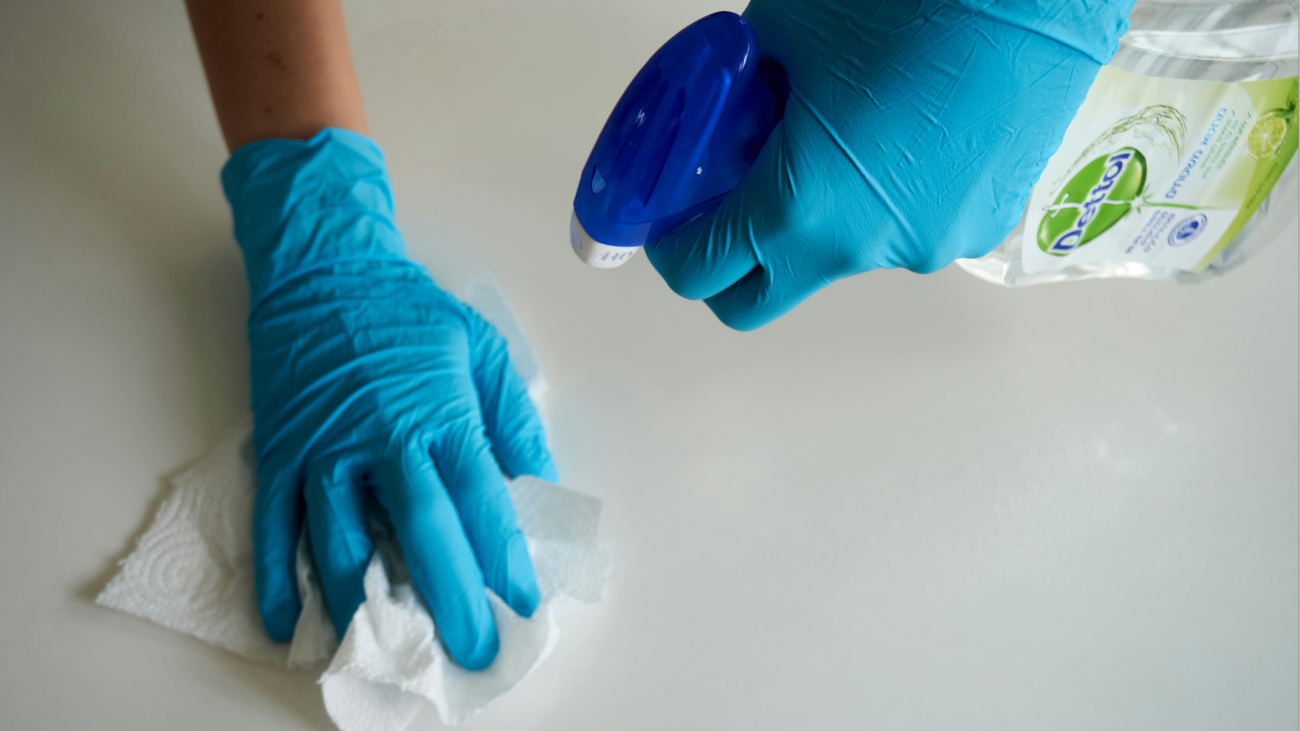As nurses and midwives, staying healthy is crucial not only for our own well-being but also for the safety of our patients. During the winter months, the risk of catching viruses such as the flu and COVID-19 increases significantly.
Nurses risk of catching winter virus is amplified by their constant exposure to patients, often harboring a spectrum of infectious agents. Fortunately, armed with the right knowledge and practices, you can significantly mitigate your vulnerability and protect yourself, your colleagues, and your patients.
As dedicated healthcare professionals, nurses and midwives face a unique challenge during winter months: increased risk of exposure to respiratory viruses like influenza (flu) and COVID-19. These highly contagious pathogens can not only impact your personal health but also pose a threat to vulnerable patients and colleagues.
The good news? By implementing robust infection control strategies and prioritizing self-care, you can significantly mitigate your risk and stay healthy throughout the season.
Understanding the Enemy: The Most Prevalent Winter Viruses
Before diving into protective measures, let’s arm ourselves with knowledge about the common culprits:
a. Influenza
A highly contagious respiratory illness caused by various influenza viruses. Symptoms range from fever, cough, and sore throat to muscle aches, fatigue, and headaches. Vaccination remains the primary defense against flu strains covered by the vaccine.
b. COVID-19
Caused by the SARS-CoV-2 virus, it typically presents with fever, cough, shortness of breath, fatigue, and loss of taste or smell. Vaccination and masking are crucial in curbing its spread.
c. Respiratory Syncytial Virus (RSV)
Primarily affecting infants and young children, RSV triggers symptoms like coughing, wheezing, and difficulty breathing. While not directly targeted by a vaccine, good hygiene practices can minimize transmission.
Stay aware, watchful, and together, we can face the challenges of the winter season with resilience and courage.
Building Your Defenses: Key Infection Control Practices
Now, let’s explore the core infection control techniques that form your frontline defense:
1. Hand Hygiene: This cornerstone of infection prevention involves frequent and meticulous handwashing with soap and water for at least 20 seconds. When soap and water aren’t readily available, opt for alcohol-based hand sanitizer containing at least 60% alcohol. Remember to cleanse your hands before and after any patient contact, after removing personal protective equipment (PPE), and upon entering or leaving a patient’s room.
2. Personal Protective Equipment (PPE): Donning appropriate PPE, such as gloves, masks, gowns, and eye protection, depending on the specific care activity and potential risk exposure, shields you and your patients from pathogens. Ensure proper donning, doffing, and disposal of PPE as per facility guidelines.
3. Cough and Sneeze Etiquette: Cover your cough or sneeze with a tissue or your elbow, not your hands. Dispose of used tissues promptly and sanitize your hands immediately afterward. Encourage patients and colleagues to follow the same practices.
4. Environmental Cleaning and Disinfection: Regularly disinfect frequently touched surfaces in patient care areas and common spaces using hospital-grade disinfectants as recommended by your facility. This includes stethoscopes, keyboards, phones, and bedside tables.
5. Respiratory Hygiene: When possible, maintain a safe physical distance from individuals exhibiting respiratory symptoms, such as coughing or sneezing. Encourage patients to wear masks if appropriate.
How to Enhancing your Resilience
While infection control practices are paramount, don’t underestimate the power of self-care to strengthen your overall well-being:
1. Vaccination: Get vaccinated against both influenza and COVID-19 annually. These vaccines significantly reduce your risk of contracting the respective viruses and developing severe complications. Stay updated on recommended booster shots as well.
2. Healthy Sleep: Aim for 7-8 hours of quality sleep each night. Sufficient sleep strengthens your immune system, making you more resistant to infections.
3. Balanced Diet: Nourish your body with a well-balanced diet rich in fruits, vegetables, whole grains, and lean protein. These provide essential nutrients that fuel your immune system’s defense mechanisms.
4. Stay Hydrated: Drink plenty of water throughout the day to stay hydrated and flush out toxins, promoting overall health and immune function.
5. Stress Management: Chronic stress can weaken your immune response. Implement stress-reduction techniques like exercise, meditation, or spending time in nature to manage stress levels effectively.
6. Seek Support: Don’t hesitate to seek support from colleagues, supervisors, or mental health professionals if you feel overwhelmed or experience burnout. Remember, prioritizing your well-being is not a sign of weakness; it’s essential for your own health and the well-being of those you care for.
7. Understanding The Risk: Understanding the hazards linked with winter viruses such as the flu and COVID-19 is critical for nurses and midwives. These viruses are extremely infectious and may spread quickly in healthcare settings, putting both patients and healthcare personnel at risk.
8. Self-Care and Wellness: Prioritizing self-care and health is critical for nurses and midwives, especially during the busy winter months. To promote your general health and well-being, take efforts to manage stress, get enough sleep, eat a well-balanced diet, and exercise regularly.
9. Stay informed and educated: Nurses and midwives must stay up to date on the latest advances and recommendations related to winter viruses. Stay current with information from trustworthy sources such as the Centers for Disease Control and Prevention (CDC) and the World Health Organization (WHO), and take advantage of appropriate training opportunities to expand your knowledge and abilities.
Conclusion
As nurses and midwives, safeguarding ourselves and our patients from winter viruses such as the flu and COVID-19 necessitates effort, dedication, and cooperation. By applying the measures and emphasizing infection control policies, we may reduce the chance of contracting winter viruses while also contributing to the overall safety and well-being of individuals under our care.
Let’s protect ourselves and each other so we can continue providing the compassionate and dedicated care our patients deserve.



